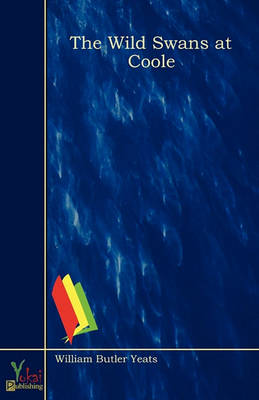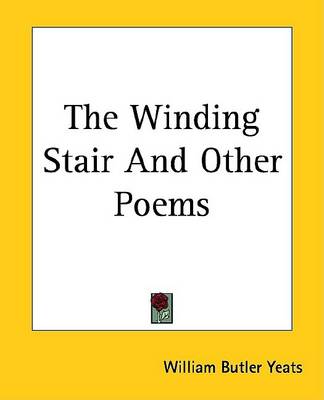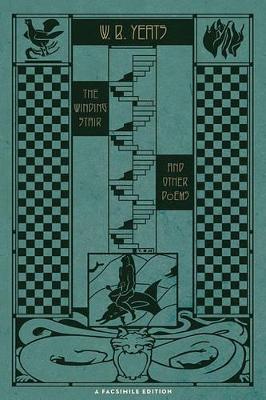Yeats Facsimile Edition
4 total works
Subsequent versions of the volume made various changes throughout, but this Scribner facsimile edition reproduces exactly that seminal first edition as it reached its earliest audience in 1928, adding an introduction and notes by esteemed Yeats scholar Richard J. Finneran.
Written between 1912 and 1927, these poems ("Sailing to Byzantium," "Leda and the Swan," and "Among School Children" among them) are today considered some of the best and most famous in the entire Yeats canon. As Virginia Woolf declared in her unsigned review of this collection, "Mr. Yeats has never written more exactly and more passionately."
Published in 1933 when W.B. Yeats was sixty-eight, The Winding Stair and Other Poems is his longest stand-alone volume of verse. Previously unavailable as a single volume, this beautiful edition will appeal to both general readers and textual scholars.
Featuring sixty-four poems from the late 1920s and early 1930s, among them such masterpieces as "Blood and the Moon," "Byzantium," the Coole Park poems, "Vacillation," and two separately titled long sequences including the Crazy Jane poems and ending with the exquisite lyric "From the 'Antigone,'" this edition also includes an Introduction and notes by celebrated Yeats scholar George Bornstein. These poems amply justify T. S. Eliot's contention that Yeats was one of the few poets "whose history is the history of their own time, who are a part of the consciousness of an age which cannot be understood without them."
This Scribner facsimile edition reproduces exactly the pages of the elegantly planned and designed first edition of The Winding Stair and Other Poems as it first appeared, including a photo of the cover design on which Yeats collaborated. It adds an introduction and notes by celebrated Yeats scholar George Bornstein.
Yeats's longest separate volume of verse, it features sixty-four poems written in the late 1920s and early 1930s. Among them are such masterpieces as "Blood and the Moon," "Byzantium," the Coole Park poems, "Vacillation," and two separately titled long sequences ending with the exquisite lyric "From the 'Antigone.'" These poems amply justify T. S. Eliot's contention that Yeats was one of the few poets "whose history is the history of their own time, who are a part of the consciousness of an age which cannot be understood without them."



